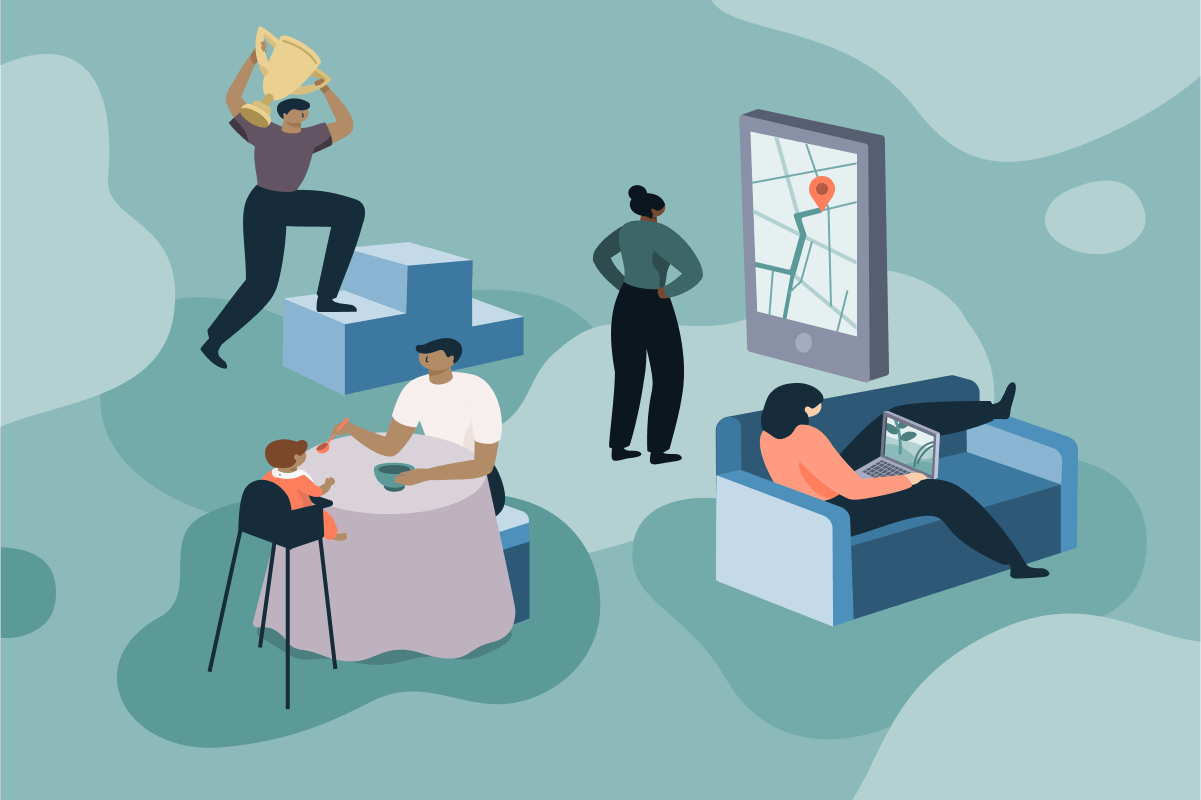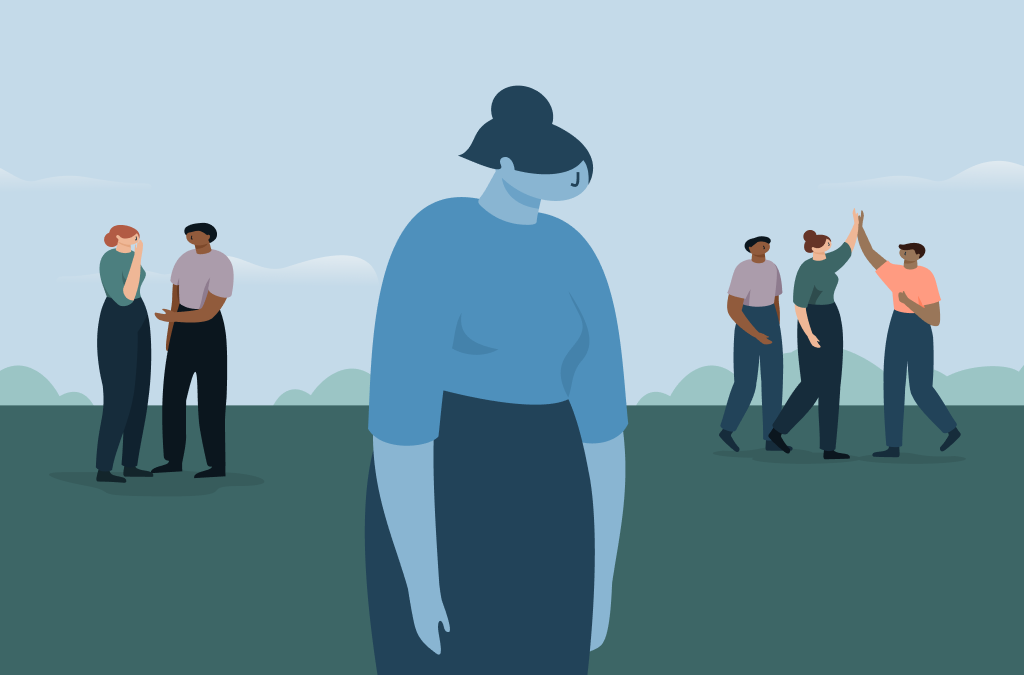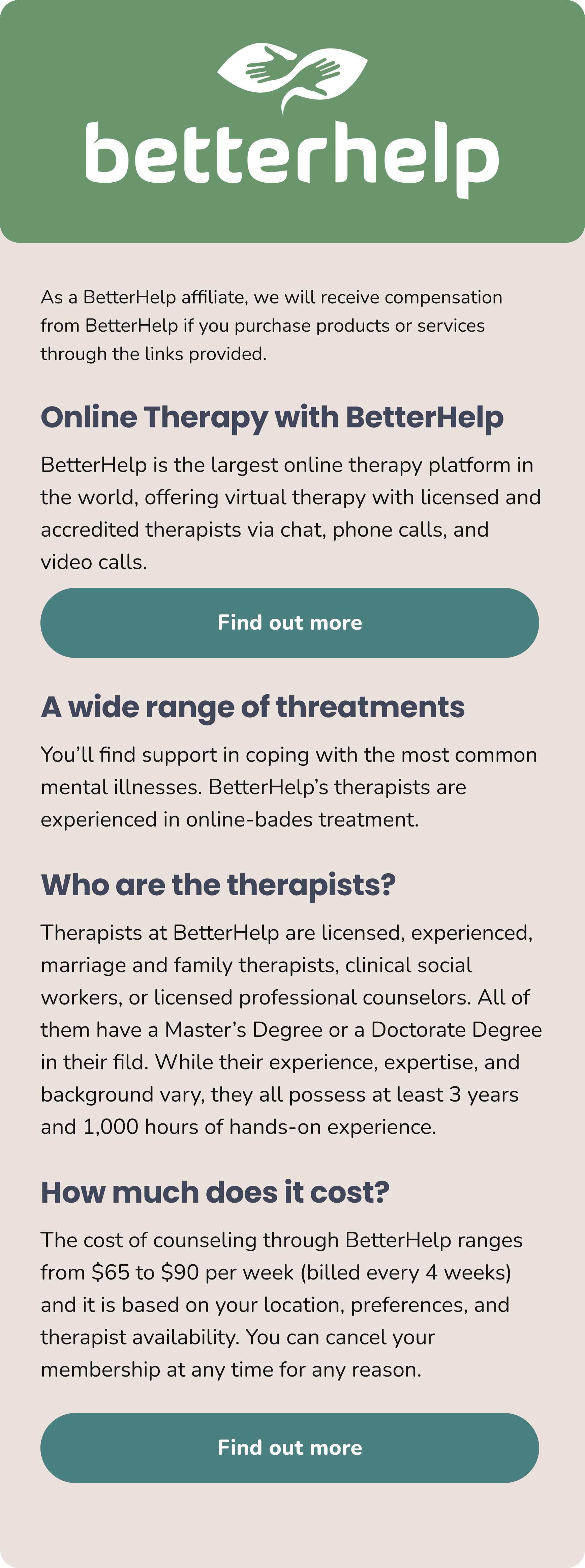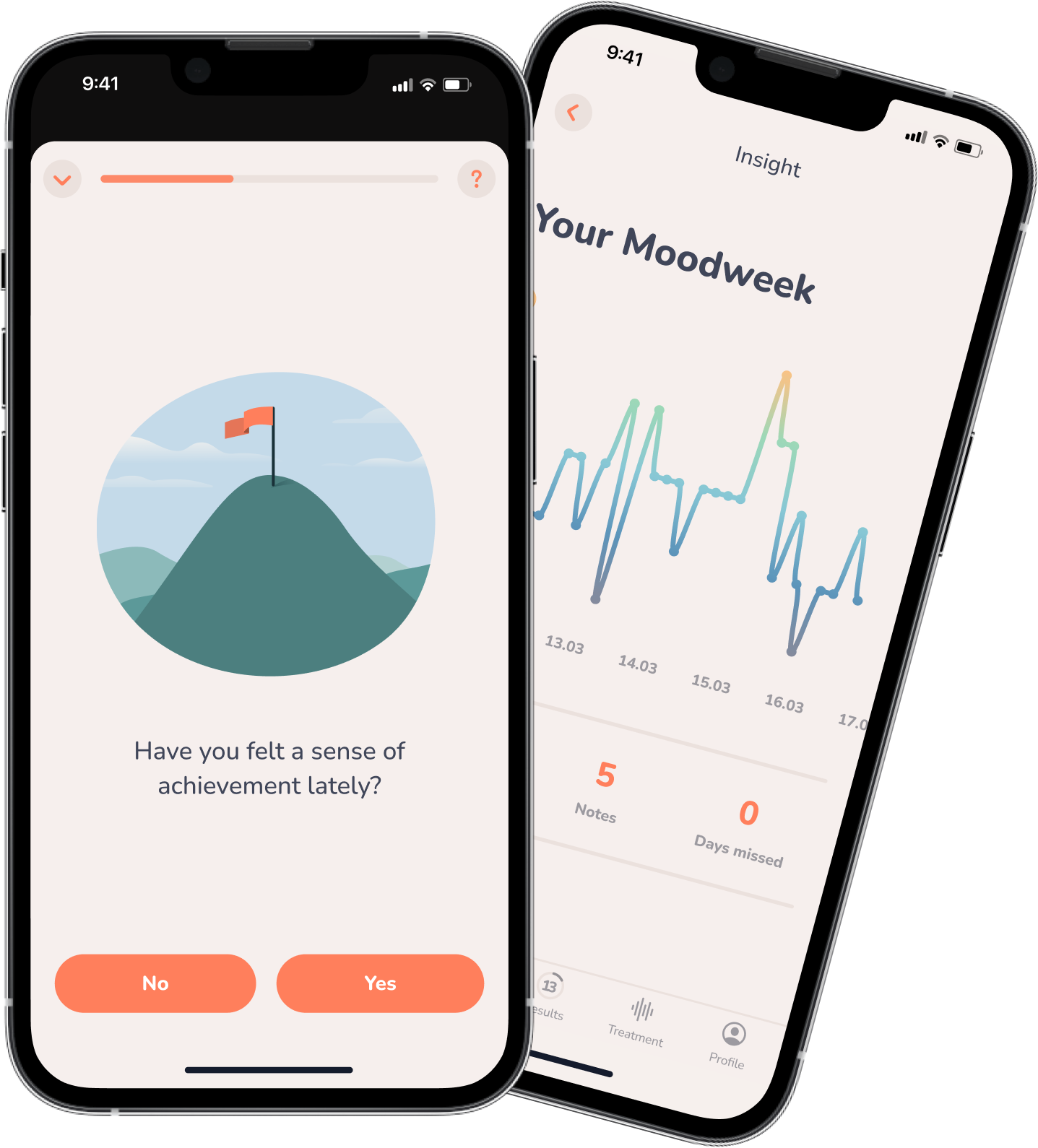Insight
Basic Psychological Needs — What You Need to Feel at Home in the World
Hunger, thirst, tiredness — these are some of the indications that the body has unmet physical needs. If these physical needs remain unmet for any length of time, health suffers, sometimes even threatening survival, depending on which needs are not being met.

With psychological needs, however, the situation is usually less dire in terms of survival; nonetheless, the difficult emotions that arise with unmet psychological needs are uncomfortable. Yet it’s very common for such needs to remain unchecked. Most people, in fact, are relatively unpracticed in meeting their psychological needs.
But what exactly are psychological needs, and what’s at the root of them? Psychological needs are what make people feel good and thrive emotionally. Among the core needs are connection, control and autonomy, self-esteem, and enjoyment.
Need for Connection
The need for connection is present throughout one’s life but plays a particularly central role in the first few years of life when one’s survival is dependent on others. If a child has a caregiver (such as a parent) they can count on, they’re likely to develop a solid foundation of trust, not only in those caregivers but in other people and relationships as a whole. The absence of a reliable caregiver, though, increases the risk of developing mental illnesses later in life and may lead to difficulties in forming fulfilling relationships.
Even years later as more self-reliant adults, the need for connection continues to play an important role in well-being. If you’re like most people, you’ve had times you’ve felt lonely or have missed someone. In these moments, your need for connection is making itself felt.
Need for Control and Autonomy
If a child feels securely attached to a caregiver, they’ll gradually find the motivation to make their own decisions or understand and influence the outcome of situations. In the absence of a secure attachment to a caregiver, though, things can feel unpredictable and unstable.
In adulthood, a person’s need for control and autonomy can be threatened when something unpredictable happens, such as if they were to lose their job out of the blue. The same is true if someone finds themselves in a situation where there are no clear and reliable rules or if another person consistently makes decisions for them.
Need for Self-esteem
Reaching a personal goal or getting complimented for something important to you feels great, doesn’t it? These are the times your need for self-esteem is stopping by to say hello—your need to recognize your own competence or goodness or to have others acknowledge your good qualities or strengths.
In childhood, the need for self-esteem is fulfilled with a sense of achievement—when a child sees their own abilities, receives encouragement from others, and is entrusted with tasks that provide opportunities for success. Later in life, this need is nurtured in various ways, such as by achieving personal or professional goals, receiving recognition for one’s efforts, building meaningful and supportive relationships, and practicing self-care and self-compassion. On the other hand, feelings of inadequacy, self-doubt, and thoughts like “I’m not good enough!” can indicate that the need for self-esteem is not fulfilled.
Need for Enjoyment
Procrastinating, avoiding obligations for hours on end, not going to the gym, studying less than originally planned . . . what may at first glance seem like laziness might actually be the normal expression of one of the basic human needs—that of enjoyment. Eating, relaxing, getting some good downtime—these things make people happy and content.
Of course, the need for enjoyment doesn’t mean avoiding challenges, difficulties, and hard work. What’s important, in fact, is striking a good balance. This way there are times of enjoyment and times of learning how to navigate more difficult situations that can help build resilience and endurance.
Met Needs, Satisfied Person
When basic psychological needs are met, feelings such as joy, contentment, or pride arise, bringing satisfaction and emotional well-being.
This doesn’t mean that your needs have to be fulfilled 24/7 for you to be mentally healthy. There might even be longer periods—such as with a new move, a breakup, or the birth of a child, for example—when it’s more challenging to get the basic needs met. Once things settle back down, though, and the basic needs are met again, the feelings of satisfaction and contentment will return.
Though difficult, these tough phases are an important part of personal growth. And once you see you can weather such storms, when hard times do arise, you’ll understand that you can trust yourself to handle them.
Regularly Neglected Needs, Dissatisfied Person
It can be hard to figure out the difference, though, between undergoing a tough phase when needs go unmet temporarily and being in a more permanent situation of regularly neglected needs. The trick is understanding how much is too much. Persistent difficult feelings and agitation come with an increased susceptibility to mental disorders. So if you, say, felt really lonely after a period of having very little contact with others, you’d have a greater risk of developing a depressive disorder. Paying attention to difficult feelings that arise can help clue you in to an unmet need that might benefit from you taking an action. So, if you notice loneliness, for example, you might begin looking for activities and groups to join where it would be likely to meet other people and maybe find a new friend.
It’s also possible that at times different basic needs will contradict one another. If someone, for example, enters into a new relationship with a more dominant person, their need for connection will be satisfied but their need for autonomy might suffer. In such cases, it’s important to reflect on one’s needs and consider ways to better meet or reconcile them.
Why Unmet Childhood Needs Weigh Heavy
When someone’s basic psychological needs were repeatedly left unmet in childhood, this can have a lasting effect into adulthood. A child who was constantly devalued by others may, in adulthood, strive for outstanding achievements in order to feel worthy.
Although the past cannot be changed, it can be helpful in adulthood to address the previously frustrated needs one experienced as a child. Nearly every psychotherapeutic method, in fact, deals with this in some way.
Same Needs, Individual Differences
While all people have the same basic psychological needs, how important a need is to an individual and which strategies help fulfill these needs are highly individual. Different personality types and different life experiences play a huge role in this. This is why one person may value control and autonomy above all else and prefer to travel alone for weeks on end, while another may prioritize close, stable relationships, and still another may put achievements over other areas of life, etc.
And none of this remains static throughout one’s life. On the contrary, which needs are prioritized changes over time. When a child reaches puberty, for example, they often shift from a need for connection with caregivers to a much higher focus on control and autonomy within the family.
First Step in Fulfilling Psychological Needs: Recognize Those Both Met and Unmet
When it comes to taking care of your psychological needs, start by recognizing which needs are fulfilled and which are not. But how?
Here’s where reflection is essential. Follow these steps to help you begin:
Step #1: Try to notice: In which situations do you feel especially satisfied or at peace? Among close friends? When you achieve something important to you? When you snuggle up in bed with a book?
Step #2: Think about what need(s) could be met in these situations.
Step #3: Take a moment to reflect: When do you notice difficult emotions arising? Is it in moments when you pull back from friends for a while? When something unexpected happens? When you have trouble achieving something? When you’ve been too busy to do anything fun? Or something else?
Step #4: Think about what need(s) could be unmet in these situations.
A mood diary can help you track the origins of these patterns more easily. Then, if you’d like to learn more about psychological needs and how they relate to your emotional world, the MindDoc app has several courses in this area that you might find helpful.

People-Pleasing — When the Fear of Rejection Becomes a Trap
Are you a person who places a high value on kindness, consideration and helpfulness? Or … maybe you tend toward what’s called “people-pleasing”?

Psychological Needs in the Workplace: How to Meet Them
Deadlines, conflicts, pressure to perform—many people grapple with stressors at work. The extent to which these weigh on someone depends in large part on whether psychological needs are being met at work.

High-Functioning Depression: The Hidden Suffering
When people think of depression, usually intense sadness, low energy, social withdrawal, difficulty getting out of bed, and managing daily life come to mind. But this is not always the case.

Obsessive-Compulsive Disorder: When Thoughts and Actions Become Torture
In this article, we explore what characterizes such thoughts and behaviors as well as how they can be treated.



